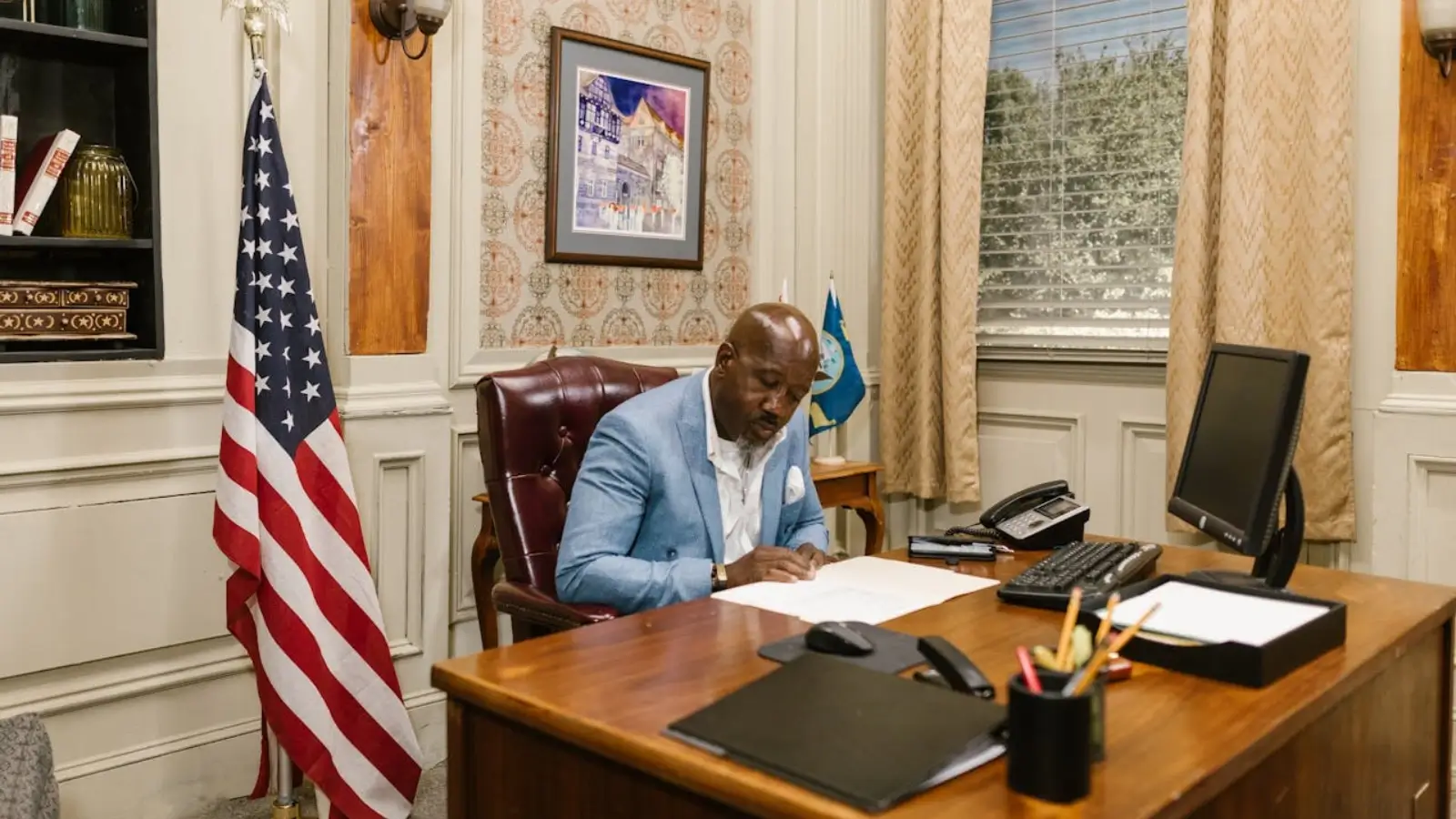Motorcyclists face higher risks on Georgia’s roads due to their limited visibility and exposure. When collisions happen, injuries are often severe, as are the legal battles that follow. While riders may be entitled to compensation, success in a personal injury claim depends entirely on what they can prove under Georgia law.
Those seeking justice after a crash must speak with a motorcycle accident lawyer in Atlanta to understand the burden of proof, evidentiary requirements, and legal strategies necessary for a favorable outcome. Insurance companies and defense attorneys aggressively contest motorcycle claims, often using bias and blame-shifting tactics to avoid paying full compensation.
Establishing Duty of Care: The Foundation of Liability
The defendant's duty of care is the first legal factor that a motorcyclist must establish. Georgia law requires all drivers to drive safely and obey traffic laws. This responsibility includes keeping a safe following distance, signaling lane changes, yielding responsibly, and being aware of smaller vehicles like motorcycles.
While proving duty is relatively straightforward, since it applies to all motorists, the remainder depends on more nuanced factors. Failing to demonstrate any subsequent elements may prevent the rider from recovering damages, even with extensive injuries.
Demonstrating Breach of Duty: Showing the Other Party Was Negligent
A rider must show that the other driver breached their legal obligation through negligent conduct. This could include texting while driving, running a red light, turning left without checking for oncoming motorcycles, or driving under the influence.
Attorneys may use traffic camera footage, police reports, witness statements, dashcam recordings, or cell phone records to prove this breach. Accident reconstruction experts often critically analyze skid marks, impact angles, and vehicle damage to show how the crash occurred and who was at fault.
When victims speak with a motorcycle accident lawyer in Atlanta, they receive guidance on securing and preserving this vital evidence early in the process.
Causation: Linking the Negligent Act to the Rider’s Injuries
Proving the defendant made a mistake isn't enough; claimants must show that the breach directly caused their injuries. This legal concept, known as causation, connects the negligent act to the harm suffered by the rider.
Defense teams frequently attempt to weaken this link by arguing that the injuries stemmed from pre-existing conditions or an unrelated event. Medical documentation, expert testimony, and a clear timeline are essential to prove that the accident, not something else, resulted in the plaintiff’s specific injuries.
If, for example, a rider had a previous back injury, their legal team must distinguish between chronic pain and new trauma caused by the crash.
Verifying Damages: Proving the Extent of Loss
To succeed in a motorcycle injury claim, plaintiffs must also present evidence of tangible and intangible losses. This includes:
-
Medical expenses: Emergency treatment, surgeries, rehabilitation, medications, and ongoing care.
-
Lost wages: Time missed from work and loss of future earning capacity.
-
Property damage: Costs related to repairing or replacing the motorcycle and gear.
-
Pain and suffering: Physical discomfort, emotional trauma, and reduced quality of life.
A comprehensive record of all expenses and personal impacts helps quantify the claim's value. Attorneys use this documentation to negotiate settlements and, if necessary, present a compelling case in court.
Overcoming Comparative Fault Defenses
Georgia operates under a modified comparative fault rule. If a motorcyclist is found to be 50% or more at fault for the crash, they cannot recover damages. If the rider is less than 50% responsible, their compensation is reduced in proportion to their share of fault.
Defense attorneys often argue that cyclists contributed to the collision through speeding, lane splitting, or improper signaling. The plaintiff is then burdened to rebut these claims and minimize their assigned fault percentage.
For example, if a jury finds a rider 20% at fault in a $100,000 claim, the award would be reduced to $80,000. A well-prepared legal team will counteract fault-shifting strategies with strong factual rebuttals and expert evidence.
Helmet Use and Its Impact on Compensation
Georgia law requires motorcyclists to wear helmets that meet federal safety standards. Failure to do so may affect the outcome of a personal injury case, not in establishing fault for the crash, but in calculating damages.
If a rider suffered a head injury while not wearing a helmet, the defense may argue that the lack of protective gear worsened the injury. This can reduce the compensation awarded under the theory of avoidable consequences.
Plaintiffs must be prepared to show that their injuries would have occurred regardless of helmet use, especially if the trauma affected other body parts. Medical experts often provide critical testimony on this issue.
Timeliness: Meeting the Legal Deadline
Motorcycle accident claims in Georgia are subject to a strict statute of limitations. Injured riders generally have two years from the crash date to file a lawsuit. Waiting too long can bar recovery altogether, even if the case is strong.
Time-sensitive evidence, such as surveillance footage or witness memories, also becomes less reliable as time passes. Early legal consultation helps preserve all necessary documents, records, and testimonies while still admissible and compelling.
Strategic Legal Proof Shapes Every Motorcycle Injury Claim
Securing compensation after a motorcycle crash involves much more than proving injury. Riders must establish every legal element of their claim—duty, breach, causation, and damages—while defending against claims of shared fault or helmet negligence.
Georgia law does not favor or disfavor motorcyclists by default, but the injured party must present a complete and credible case. Legal strategy, expert evidence, and prompt action are essential to achieving justice for riders harmed by another’s recklessness.

















